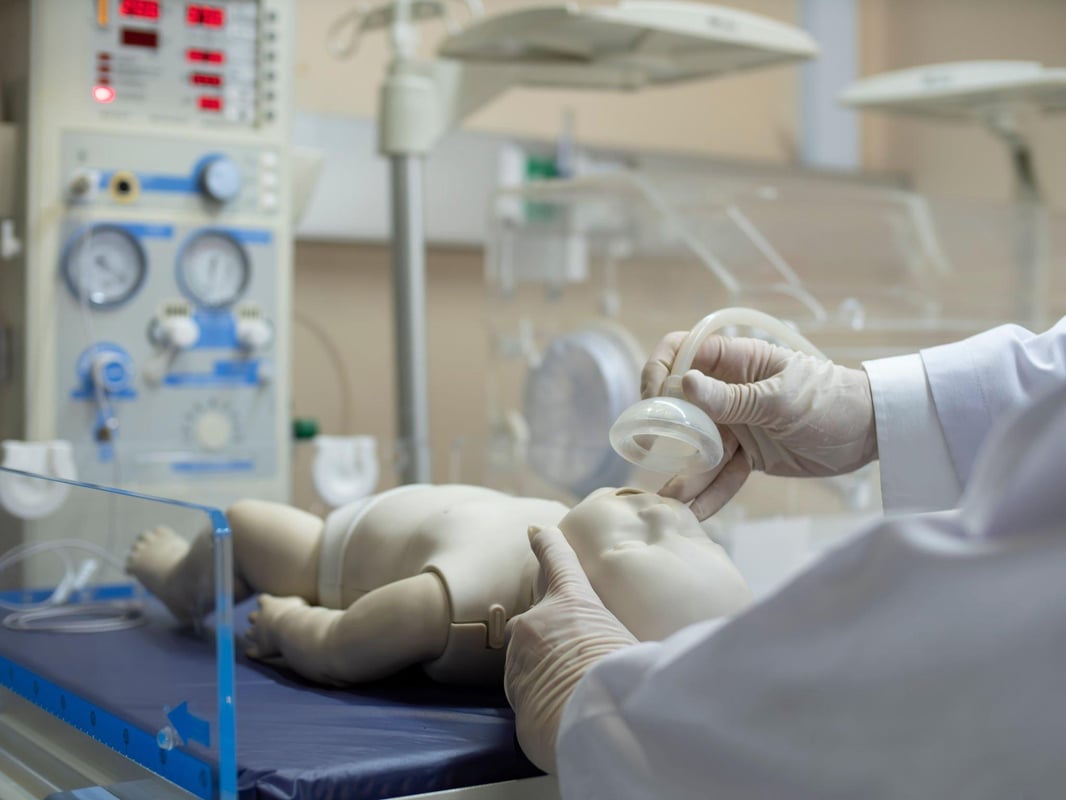
Financial aid (may be available)

$239 to start
$4,000 total

$173 to start
$2,200 total

$242 to start
$4,000 total
$276 total
$2,075 total
$270 total
$410 total
$365 total
$150 total
No cost info
$285 total
$150 total
No cost info
The healthcare sector is one of the most critical sectors in any country, and it's no different in Indianapolis. One of the many roles within this sector is that of a Pediatric Advanced Life Support (PALS) specialist. This post aims to guide you on everything you need to know about PALS classes in Indianapolis, from what a PALS specialist does, to the training requirements, what to expect from the classes, and how to find related jobs after certification. We'll also discuss other classes you can take after becoming a PALS specialist.

Pediatric Advanced Life Support (PALS) is a clinical course that provides healthcare professionals with the knowledge and skills necessary to efficiently and effectively manage critically ill infants and children, resulting in improved outcomes. PALS training focuses on a systematic approach to pediatric assessment, basic life support, PALS treatment algorithms, effective resuscitation, and team dynamics.
To undertake PALS training, some prerequisites are typically required. These may vary from institution to institution but generally include:
Healthcare professionals who respond to emergencies in infants and children. These may include personnel in emergency response, emergency medicine, intensive care, and critical care units.
Current Basic Life Support (BLS) certification.
Complete understanding of EKG rhythm interpretation.
Knowledge of basic drug pharmacology, preparation, and administration.
When looking for a PALS class, consider the following aspects:
Certification: Ensure the class offers a recognized certification upon completion.
Comprehensive Course Content: The course should cover all necessary PALS content, including assessment, algorithm, resuscitation, and team dynamics.
Hands-on Training: Practical skills are just as important as theoretical knowledge in PALS training. Make sure the course offers adequate hands-on training.
Experienced Instructors: Check the qualifications and experience of the instructors.
PALS classes typically involve a mix of guided learning, team-based scenarios, and skills practice. You can expect to engage in:
Active participation in case-based scenarios.
Hands-on training in procedures such as intraosseous needle insertion and airway management.
Discussions and video learning.
Simulation and role-playing.
The PALS certification process involves successful completion of the course, followed by a written exam and a hands-on skills assessment. After passing these, you receive a certification card, which is generally valid for two years.
Once certified, you can explore job opportunities in various healthcare settings, such as hospitals, emergency care centers, and pediatric clinics. Online job portals, professional networks, and healthcare job fairs can be excellent resources for finding related jobs.
After becoming a PALS, one can consider further specialization or related courses such as:
Advanced Cardiovascular Life Support (ACLS)
Neonatal Resuscitation Program (NRP)
Emergency Nursing Pediatric Course (ENPC)
Certified Pediatric Emergency Nurse (CPEN)
PALS classes are also available online, providing flexibility to learners who may not be able to attend physical classes.
Regular recertification is necessary to keep your PALS status active. The American Heart Association (AHA) recommends recertification every two years.
Some institutions may offer PALS prep courses to help you prepare for the main course.
Becoming a PALS specialist opens up numerous opportunities in the healthcare sector. As you embark on this journey, remember to choose your classes carefully, ensuring they offer a comprehensive curriculum, hands-on training, and recognized certification. Online platforms like Dreambound can offer valuable resources and information to help you make an informed decision.
Remember, the journey doesn't stop with PALS certification. There are numerous other related courses you can take to further your career. Whether you're interested in becoming a respiratory therapist, a radiology technician, or a certified medication aide, the opportunities are vast and varied. With the right training and commitment, you can make a significant difference in the lives of infants and children in need.
If you're considering pursuing this certification in a different location, we have other in-depth guides to help. Check out our guides for different cities below:
Dreambound's platform allows prospective students to find the right educational program for them through searching, filtering, and connecting with our extensive selection of career & technical education partners.
Dreambound has over 70 programs across healthcare, technology, business, and industrial trades. This includes programs such as Medical Billing, Cybersecurity, and welding.
Some of our schools offer financial aid for those who qualify. Many others offer payment plans, where you can pay the cost of class over time.
Yes, Dreambound offers many online programs. On Dreambound's search, you can filter by online, in-person, and hybrid (part online, part in-person).
Dreambound is completely free for you to use! We are supported by schools and organizations who pay to advertise on our website, so we can offer all of our career resources for free.